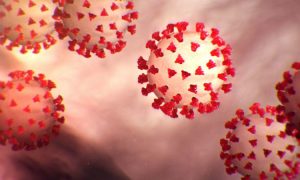In what represents a monumental breakthrough in COVID-19 analysis, researchers have identified some of the specific antibodies that end up damaging the body during immune response to the virus. This information will be crucial in helping healthcare providers choose the most effective treatment vectors for COVID-19 patients.
Teams at NYU’s Grossman School of Medicine determined that autoimmune antibodies are doing the lion’s share of the long-term damage to the human body that’s come to be associated with COVID infection. In patients experiencing a rapid decline in condition near the beginning of their infection, these antibodies were proven to be twice as prevalent.
Patients with strong antibody presences were five to seven more times likely to suffer intense symptoms and present with a severe case of the virus. They were also more prone to require intensive care and mechanical ventilators as opposed to those with lower amounts of antibodies. Starting COVID case assessments with antibody counts could streamline resource allocation and care prioritization, as well as hopefully mitigate the intense stress placed on hospitals and healthcare professionals.
The Grossman School’s researchers sifted through medical records and blood tests of over 100 people put in the hospital for COVID-19 infection from April to June 2020 at NYU Langone. Of the 36% that had autoimmune antibodies, 96% had anti-DNA antibodies and 93% had antiphosphatidylserine antibodies. The reactive presence of said antibodies was strongly associated with blood clotting and cell death in severe COVID cases.
Going forward, these insights have great potential for informed treatment applications. Antibody donations from healthy individuals could reduce harmful autoimmune antibodies. There is even plausibility for biodegradable antigen development—which could nullify autoimmune antibodies while preventing an immune response.























